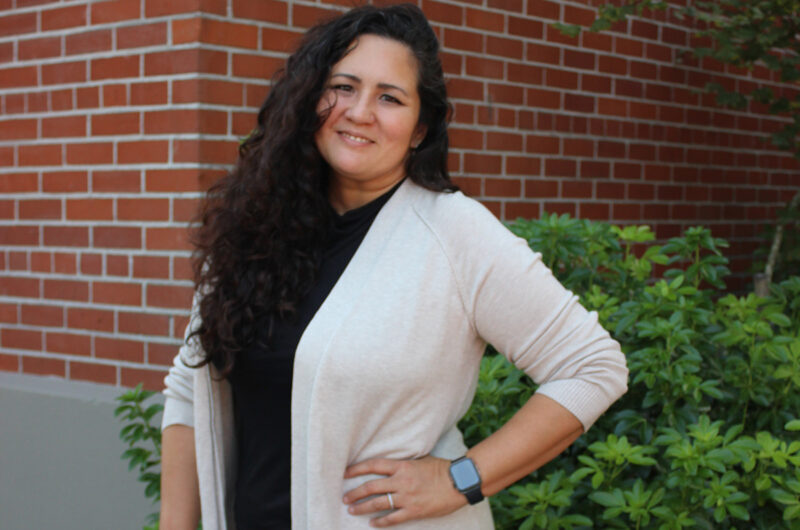A Scantron, No. 2 pencil, granola bar, and juice box are the standard items in every ACT kit. Last week, the College Possible Team assembled test kits in preparation for the baseline ACT, a practice test that College Possible high school juniors take each December.
Armed with the meticulously assembled kits, 80 juniors completed the baseline ACT on Saturday, December 10. During the past month of College Possible sessions, students have been diving into college exploration curriculum. Alongside their AmeriCorps coaches, they have learned about different types of higher education institutions and the value of pursuing a four-year degree. One session focused on the ACT’s role as an integral part of College Possible’s junior curriculum.
Despite changes in the college admissions landscape, College Possible is committed to offering ACT preparatory curriculum and practice tests throughout our students’ junior years. Since 2020, roughly 96% of Common App universities have implemented test-optional admissions policies. This means that standardized tests like the SAT and ACT are no longer required as determining factors of a student’s college admission. Yet for many students, particularly those from low-income or first-generation backgrounds, standardized test scores remain an important element of application portfolios.
“We are continuing to explore the role of the ACT in admissions and talk to partners at colleges and universities,” says Willa Johann, a high school program coordinator at College Possible Oregon. “What we do know is that a lot of summer enrichment programs, internships, and scholarships still ask for standardized test scores. In many cases, an ACT score is a key factor in a student’s application to life-changing enrichment programs. Our goal is to provide students as many opportunities as possible to end up at a best-fit institution, and a strong test score can strengthen their applications.”
The baseline ACT is a crucial milestone for College Possible students. Because students do not do any exam preparation before the first practice test, the baseline ACT is an indicator of students’ current standing and the areas in which they should focus their attention.
Taking multiple practice ACTs is also a proven strategy for improving test outcomes. Research shows that students increase their overall scores as they grow more familiar with the format of exam questions and the standardized testing environment. Retesting is especially important for students from low-income backgrounds, who tend to take standardized exams fewer times than students from middle- and high-income families due to the resources that test preparation requires (The Condition of College & Career Readiness 2016, National ACT). By providing free ACT coaching and access to test materials, College Possible is working to ensure that students from low-income backgrounds can access the resources they need to succeed.
Following the baseline test, high school junior coach Jack Flaningam noted, “With ACT prep coming in the next month, the thing I’m really excited to see is students begin to build confidence on this test. Endurance is a big factor in performing well on this exam, so the more students become exposed to problem sets and taking practice exams, the better they’ll feel going into exam day!”
December’s baseline ACT was the first of at least three ACTs that College Possible juniors will take this school year. Over the next three months, students will continue to prepare for the ACT through weekly after-school sessions. Hats off to all the students, coaches, and staff who made the baseline possible!


